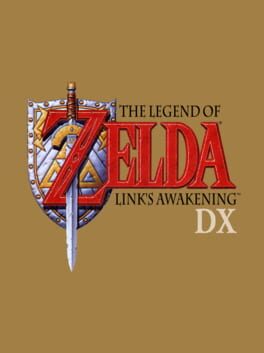It's hard to describe the varied emotions that ran through me in rediscovering this title; it had been several long years since I last played it. However high my expectations may have been, they were entirely fulfilled by a game with a mature audacity and prescience. To me, the title's flaws – the highly guided nature of the owl or the quest of items exchanges, in particular – are trade-offs that the development team accepted in order to embrace their concept. It is an evocation of childhood through more or less discreet metaphors and allegories: the world of Koholint is a hermetic creation and an assembly of various references, giving rise to a bizarre result. It is an imaginary and absurd quest, where unbearable fears lurk. Of course, the bosses are "nightmares", an explicit expression of their scary side for the child. But the entire cast also follows the same logic. Christine, though an adorable goat, is confronted with otherness and her inability to accept herself as such; the children playing ball represent this fear of responsibility. Perhaps most striking is Ulrira, who can only express himself at length by telephone, a kind of mirror of social anxiety. Link's Awakening appears to be a melting pot of childhood emotions, which evolve to the point where the dream of innocence must end. It is an irreversible quest, which can be stopped temporarily, as if in a desperate attempt to stop the advance of time. The play shows the fears in maturity and plays with the nostalgia of a bygone era. Yet, in an excellent moral, Marine survives and shows that spectre of childhood, tenderly preserved by the adolescent Link. When the Dream Fish awakens, the trance ceases: the graphic style becomes serious and elegant again. We come back to ourselves, after a journey into what was our own past experience. This is, I believe, the strength of Link's Awakening: that of addressing the largest audience and praising candour, with all the charming clumsiness that makes for childhood.
